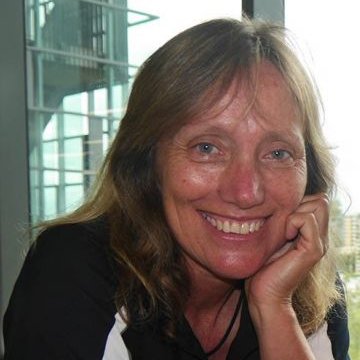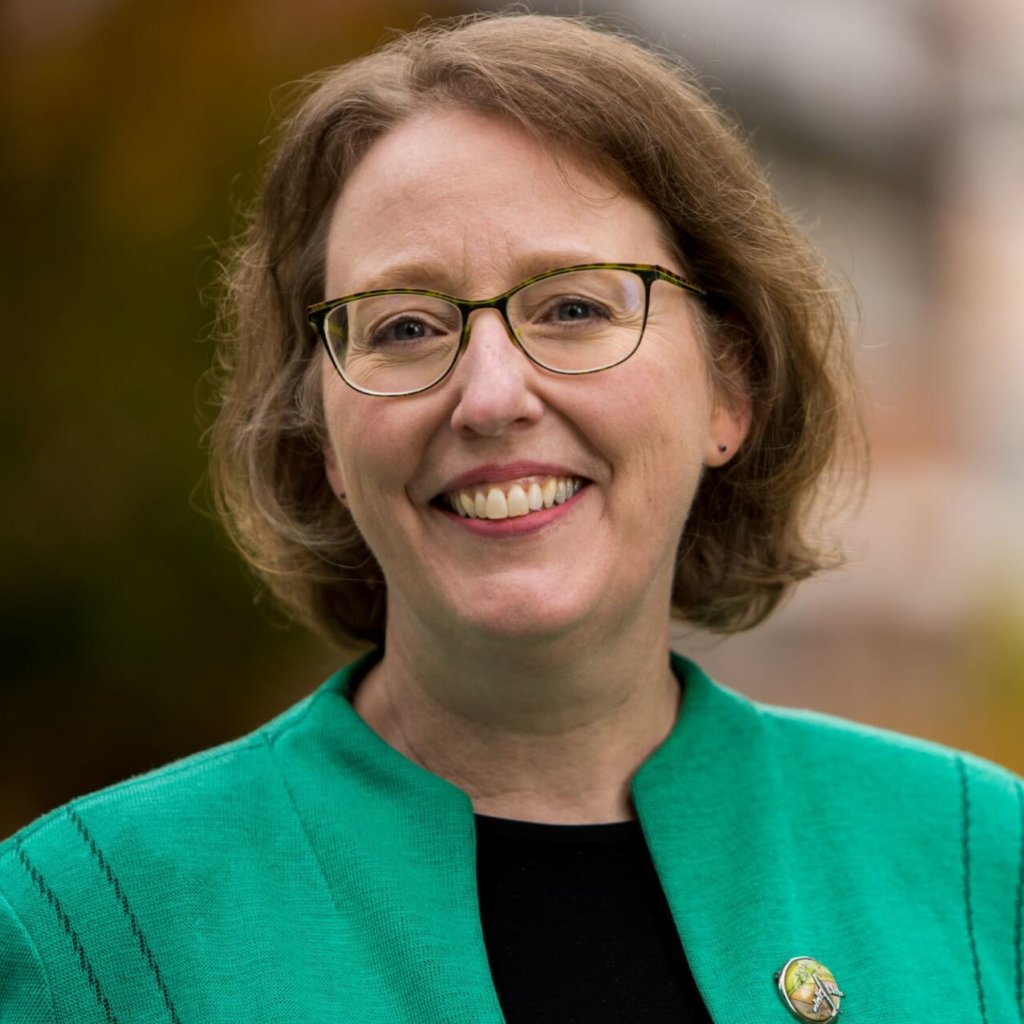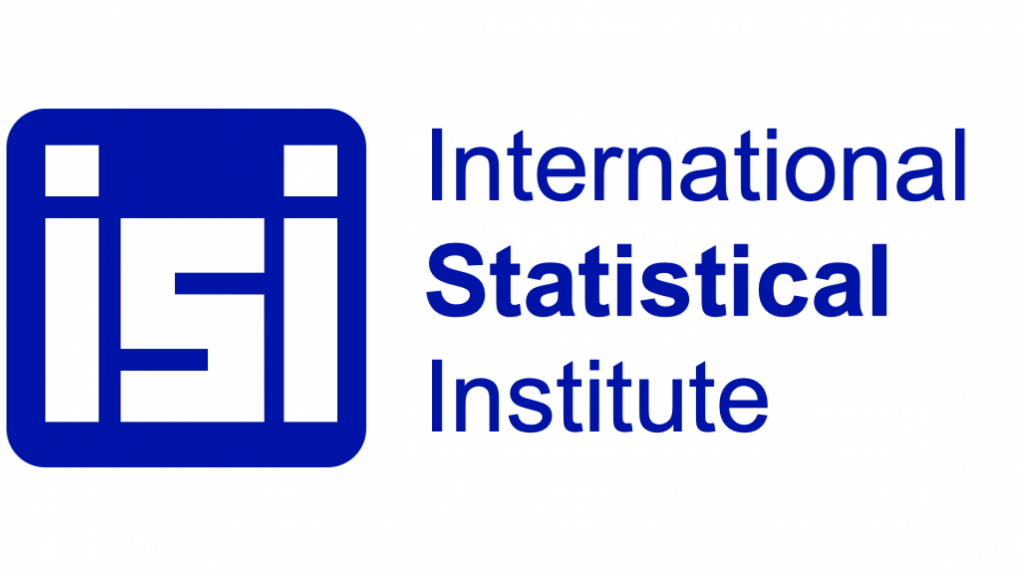
The ISC presents its final webinar in a six-part series on COVID and the Social Sciences, Public Understanding and Use of Statistics in Relation to the Pandemic.
The series explores the impact of the social sciences on the pandemic and the impact of the pandemic on the social sciences. In six episodes, the series covers Economics, Psychology, Sociology, Political Science, Anthropology, and now Statistics.
The focus of this episode is on how statistics are analyzed, represented, and understood. The webinar will address the following two questions:
Watch the recording:
(Times refer to UTC)
Start times: London: 15:00 | Paris 16:00 | Nairobi: 17:00 | Delhi 19:30 | New York 10:00
| 14:00 – 14:05 | Welcome and Introduction to the Chair by Stephen Penneck, President of the International Statistical Institute |
| 14:05 – 14:10 | Introduction to the topic by Craig Calhoun |
| 14:10 – 14:45 | Keynote lecture by David Spiegelhalter |
| 14:45 – 15:05 | Comments from the discussants |
| 15:05 – 15:20 | Further Discussion, Q&A |
| 15:20 – 15:25 | Closing remarks |

David Spiegelhalter, Keynote speaker
Professor Sir David Spiegelhalter FRS OBE is Chair of the Winton Centre for Risk and Evidence Communication at the University of Cambridge, which aims to improve the way that statistical evidence is used by health professionals, patients, lawyers and judges, media and policy-makers. He has been very busy over the Covid crisis. His bestselling book, The Art of Statistics, was published in March 2019, and Covid by Numbers came out in October 2021.
He was knighted in 2014 for services to medical statistics, was President of the Royal Statistical Society (2017-2018), and became a Non-Executive Director of the UK Statistics Authority in 2020.

Stephen Penneck, Welcome and Introduction of the Chair
Stephen Penneck is President of the International Statistical Institute. He is from the UK, based in London, and was recently Honorary Officer for Official Statistics at the Royal Statistical Society, where he is a Fellow and a Chartered Statistician.
Stephen retired in 2012 as Director General at the UK’s Office for National Statistics, following a career in official statistics.
Since retirement, Stephen has published articles and given lectures on a range of topics in official statistics including economic statistics, open data, and governance, trust and ethics; contributed to ISI workshops and regional conferences; and organised sessions at recent IAOS conferences and World Statistics Congresses.

Craig Calhoun, Chair
Craig Calhoun is University Professor of Social Sciences at Arizona State University. Previously, he was Director of the London School of Economics and Political Science (LSE), President of the Berggruen Institute, and President of the Social Science Research Council. His publications address politics, economics, the impact of technology, and social change.

Kerrie Mengersen, Discussant
Kerrie Mengersen is a Distinguished Professor in Statistics at the Queensland University of Technology and Director of the QUT Centre for Data Science. She is an elected Fellow of the Australian Academy of Science and the Academy of Social Sciences of Australia. Kerrie is currently a Vice-President of the ISI and leads the Public Voice portfolio. She is involved in national and international projects related to the covid-19 pandemic, particularly with respect to analysis of global patterns of infection, impacts of travel restrictions, and comparative benefits of vaccination. A key component of this work is the translation of statistical insights to the public.

Harpreet Singh, Discussant
Harpreet Singh is a computational biologist with experience in Data Management, Machine Learning, NGS data analysis and Research Management. He did his Ph.D. in Bioinformatics from Jawaharlal Nehru University and a postdoc in NGS Data Analysis from Cornell University, USA. He heads the Division of Biomedical Informatics at the Indian Council of Medical Research (ICMR) and ICMR-AIIMS Computational Genomics Centre. In addition, he is an Adjunct Faculty at the Jawaharlal Nehru University and an honorary Research Advisor at the Department of Informatics, University of Oslo, Norway. Currently, Singh is working on organizing Data Systems at ICMR and developing an integrated research platform. Singh’s team has developed data systems for 23 major programs of ICMR and Ministry including National COVID 19 testing database, which currently holds testing data of 800 million individuals. Singh has published 116 research papers, 14 book chapters, and 17 copyrights of the developed software/programs.

Ellen Peters, Discussant
Dr. Ellen Peters is the Philip H. Knight Chair and Director of the Center for Science Communication Research at the University of Oregon. She studies the basic building blocks of human judgment and decision making and their links with effective communication techniques. She is particularly interested in how affective, intuitive, and deliberative processes help people perceive risks and make decisions. She has published more than 160 peer-reviewed papers in outlets such as PNAS, JAMA, Annual Review of Public Health, Psychological Science, and Nature Climate Change. She also authored the book Innumeracy in the Wild: Misunderstanding and Misusing Numbers, published by Oxford University Press. She is former President of the Society for Judgment and Decision Making and a fellow of the American Association for the Advancement of Science (AAAS), Association for Psychological Science (APS), the American Psychological Association (APA), and the Society for Experimental Social Psychology (SESP). She has worked extensively with federal agencies to advance decision and communication sciences in health and health policy, including being Chair of FDA’s Risk Communication Advisory Committee and member of the NAS’s Science of Science Communication committee. She has received an NIH Group Merit Award and was the first American to win the Jane Beattie Scientific Recognition Award. She has received extensive funding from the National Science Foundation and National Institutes of Health.
👉 List of related resources
Watch the recordings:

Image adapted from Yuan Rong Gong on Unsplash